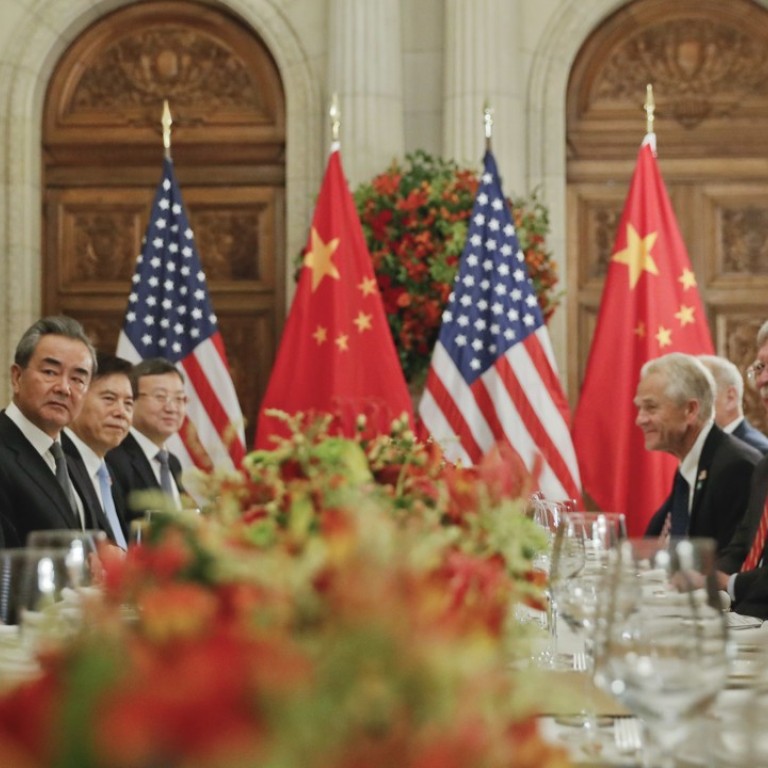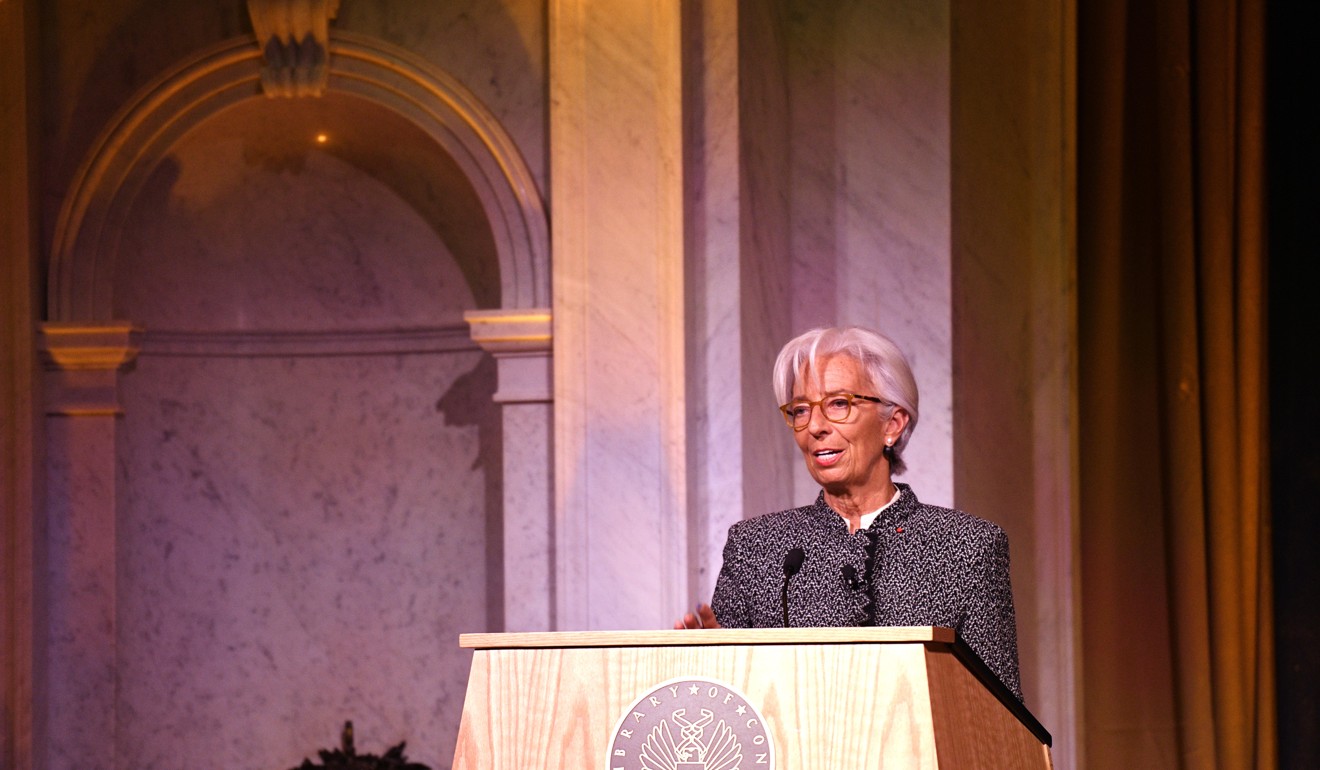
A spectre of collapse or a vision of hope in the New Year
- The G20 heads showed by their antics in Buenos Aires that there is a building crisis of leadership and a lack of international cooperation
There was a “ghost at the feast “when G20 leaders met in Buenos Aires for their recent summit. While the key leaders postured and played politics, IMF managing director Christine Lagarde, delivered a sobering message that all is far from well with the global economy, but no one seemed to be listening.
This soon came back to haunt the leaders as the Dow Jones index plunged on Tuesday and stocks in general went into an ominous slide that is almost certainly far from over yet. G20 leaders may wish to give the impression that all is well on the economic front but markets are simply not buying it.
If the summit had taken place against a backdrop of buoyant world trade, robust fiscal and monetary conditions, booming investment, strong consumer confidence, modest debt and stable credit conditions, a US-China trade “spat” might not have mattered too much. But the situation is opposite in all respects now.
Worse, as many of the G20 heads showed by their antics in Buenos Aires there is a building crisis of leadership – a “top down” sense of drift that is feeding through from the highest political levels to the grass roots of the global economy and into consumer and business sentiment.
No one really expected the heads of the world’s biggest advanced and emerging economies to behave in Buenos Aires as though it was April 2009 in London again, when the G20 put on a convincing show of political leadership at the height (or depth) of the global financial crisis.
There was no Lehman Brothers collapse (or of Bear Stearns, AIG and other financial institutions) echoing in their ears as they met this time. But there were plenty of ominous portents that all is far from well with the global economy, as Lagarde went out of her way to emphasise.
Trade tensions, she warned “have begun to have a negative impact on growth.” And “another urgent issue is the excessive level of global debt”. To this we could add tightening credit conditions around the world, rising interest rates, plunging commodity prices – and slumping stock valuations.
Falling stocks prices are by no means least among these evils. A recent poll of institutional investors by French investment bank Natixis suggested that “the bull market in stocks will come to an end over the next 12 months [and that] the next financial crisis will come in one to five years”.
It is more likely to come in the next year because, as this column has argued, stock prices do not hang in the air for long. Once they start falling they gain downward momentum until a bottom is reached. And, a flattening or inverted yield curve of the type we are witnessing now can signal economic recession.

Perhaps what should disturb us most of all (G20 leaders in particular) are the words spoken by Lagarde when she again appeared in the role of Ghost at the Feast during the Henry A Kissinger Lecture in Washington a few days after the Buenos Aires summit.
The period between the two great wars of the 20th century, she recalled as she delivered this year’s lecture, “witnessed a moment in history when flawed domestic policies poisoned international relationships, which themselves were built on troubled foundations.
“The result was protectionism and competitive currency devaluations. Imploding world trade deepened the Great Depression, and caused massive economic, financial, and social upheaval. Ultimately, these pressures gave rise to nationalist and populist movements and, eventually, catastrophe.
History may not repeat itself but the present provides a disturbing sense of déjà vu. At the G20. Messrs Trump and Xi agreed only to a truce in their trade war, while Theresa May and Emmanuel Macron were absorbed in domestic crises, Vladimir Putin in the Crimea confrontation and Saudi Crown price Mohammed bin Salman in oil politics.
Not exactly what we might call a good backdrop for enlightened leadership of global affairs. Is it any wonder then that financial markets are deeply uneasy. It is not just that it is going to be tough navigating the shoals of monetary policy normalisation; it is more that there is no steady hand on the tiller.
If G20 leaders had declared an intention to address the causes of the global slowdown that might have created a measure of confidence. No one expects miracles or that official policy actions will produce instant solutions. But an awareness of a problem is halfway toward a solution.
If there is anything to be learned from history it is that only actual (rather than potential) crises elicit strong responses from political leaders, and it may well be that another 2009-style “crisis summit” will be need to be held quite early in the New Year in chair country Japan.
This one will have to deal with a possible collapse of trade, picking up the pieces in the way that the London summit had to pick up the pieces of the international financial system nine years ago and put them together again over a period of years. And, of course, another currency and financial crisis cannot be ruled out,
There will be no more room for playing war games with trade, as even Donald Trump will be forced to realise once the poverty of beggar-thy-neighbour trade policies is exposed. Only after damage to the system has been repaired will it be possible to contemplate a brave and better new world of the future.
More an optimist than a dismal “ghost, Lagarde ended her Henry Kissinger lecture on a note of hope. She “re-imagined” an era of international cooperation beginning in 2019 when “the world delivers a new burst of creativity in solving our shared challenges.” Certainly there is no harm in hoping.
Anthony Rowley is a veteran journalist specialising in Asian economic and financial affairs

